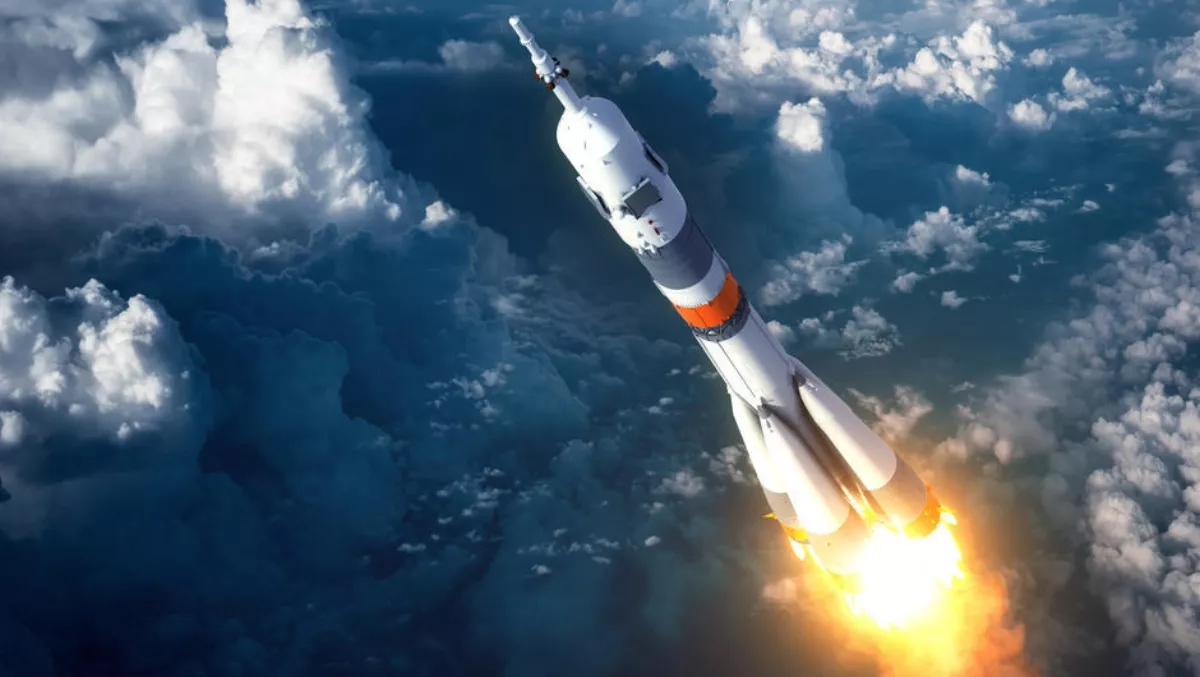
Researchers at the University of Canterbury are on a mission to make rocket launches faster, cheaper, and better than ever before – and even if you're not a rocket fanatic, more launches will have a wide range of benefits for other tech like GPS and mobiles.
Doctoral student Philipp Sueltrop is looking at how algorithms can predict and adjust flight movement before ‘fuel slosh' becomes a problem.
Fuel slosh is when fuel moves within the tanks, and this can affect a rocket's trajectory. Currently rockets use heavy mechanical rings to minimise the risk, but Sueltrop says algorithms might be able to perform the right movement at the right time.
“It is a long-term solution to make it easier, faster and cheaper to launch a rocket, making technology that relies on this more accessible to everyday users,” he says.
He has been working alongside Rocket Lab as part of his observations, and he has also used a vertical wind tunnel at the University of Canterbury to measure the effects.
He says that when he has enough data, he will onboard the algorithm into a flight control computer.
Real-life rocket launches will be used to gather even more data and analyse how the algorithm affects the flight strategy.
“Making the move into real flight means fully converting the algorithm into a flight version that takes into account elements, including acceleration, that are not present in the wind tunnel. The algorithm is very flexible and easily scalable,” he says.
The algorithm behind all this rocket-optimising technology actually had its beginnings in the medical field.
University of Canterbury Engineering academic Dr Chris Hann originally designed the foundation for the algorithm.
“The underlying mathematics were first developed for glucose control and cardiovascular management in the Christchurch Intensive Care Unit. It was then transferred to the field of rocketry,” Hann says.
Sueltrop was the UC Thesis in Three 2017 winner and represented UC at the Asia-Pacific competition in Brisbane, Australia, in late 2017, where he placed in the top ten.
His presentation compared his research into the effects of rocket fuel movement to walking with a cup of coffee.
